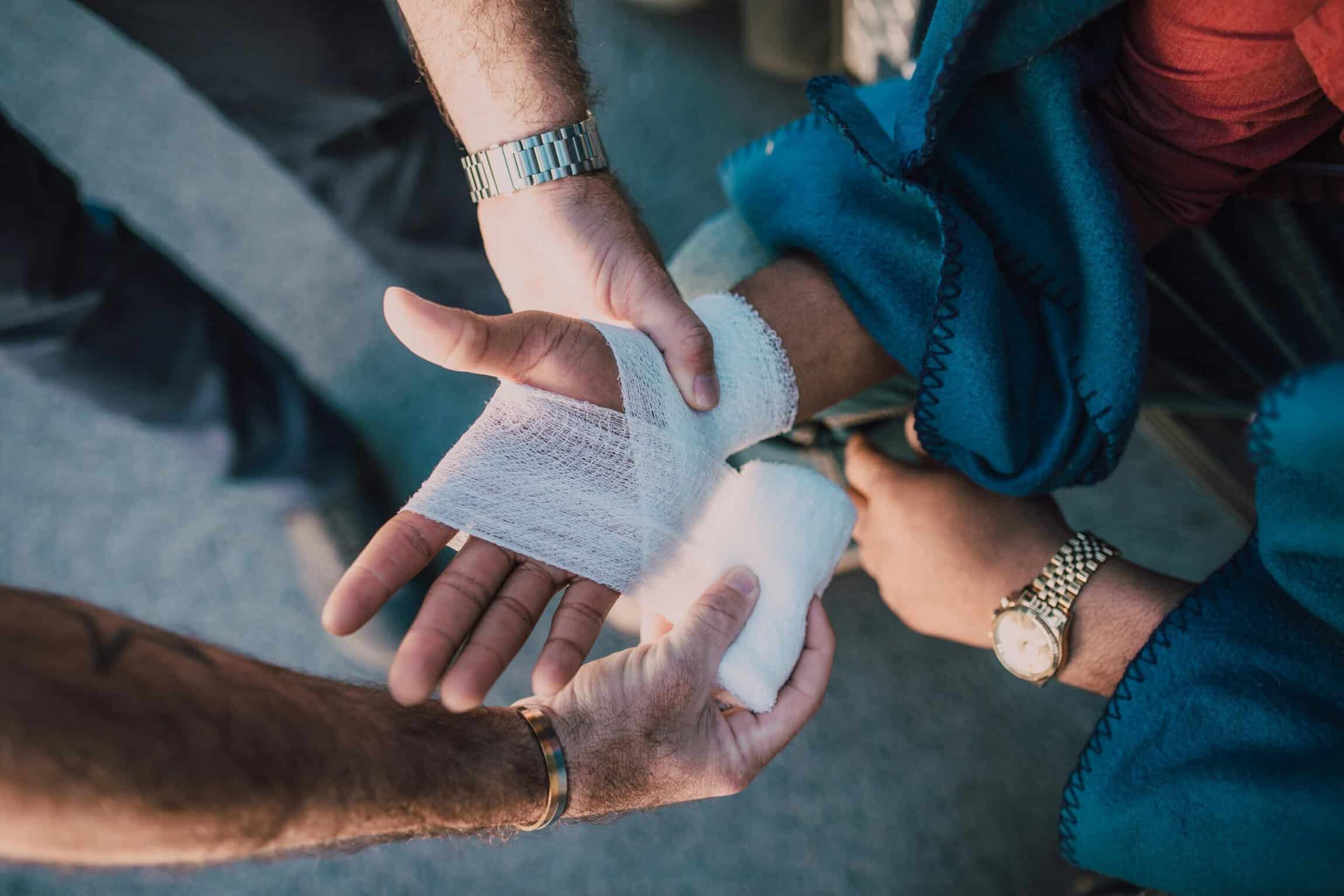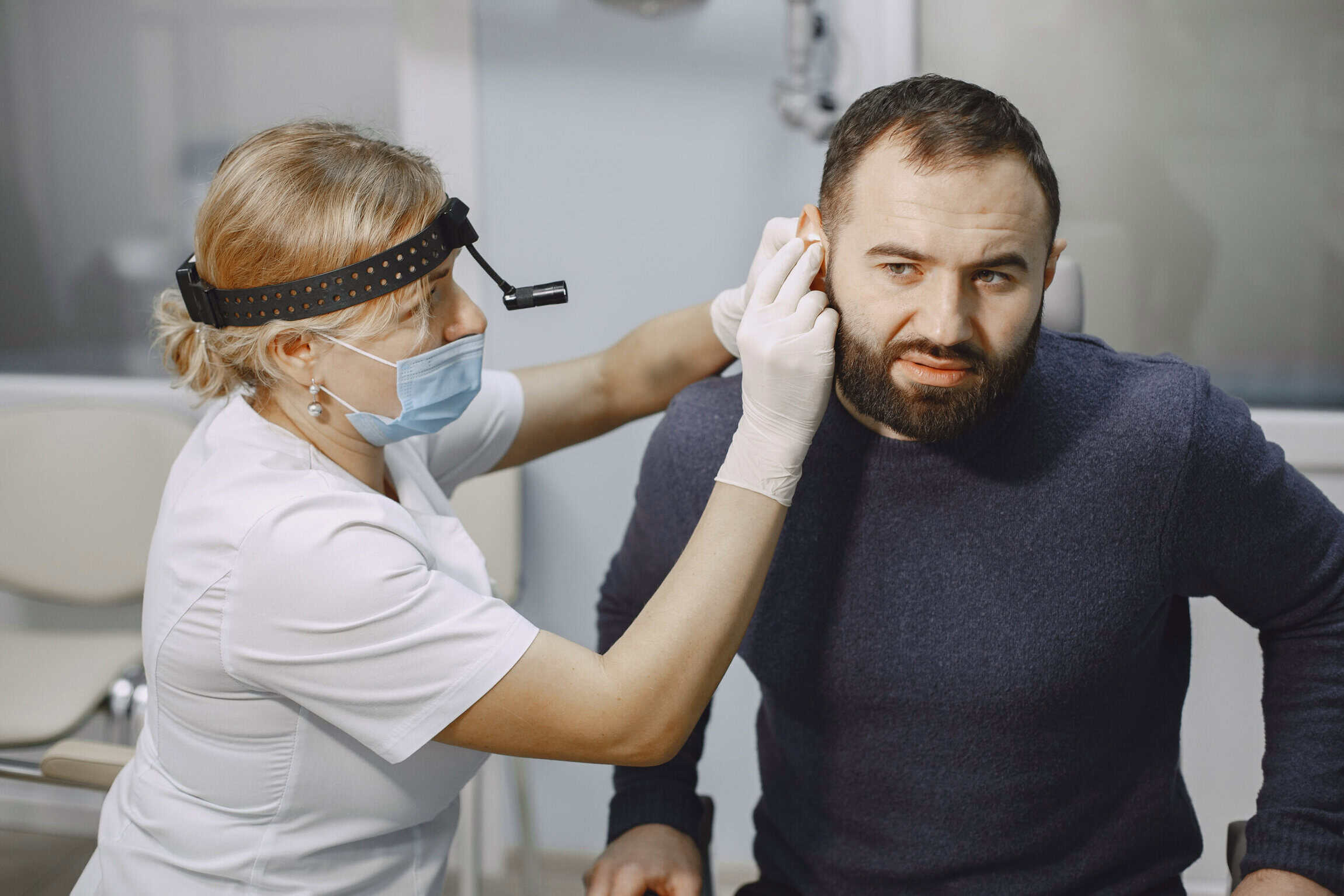When you’ve suffered an injury due to someone else’s negligence, pursuing a personal injury (PI) claim can help you recover the compensation you deserve. However, the success of your claim hinges on your ability to prove the extent and severity of your injuries. Without solid evidence, insurance companies and opposing legal teams may argue against your case, minimizing or outright denying your compensation.
This guide will walk you through the critical steps and types of evidence needed to strengthen your personal injury claim.
Understanding Personal Injury Claims
A personal injury claim arises when an individual is injured due to the negligence or wrongful actions of another party. These types of personal injury claims cover a wide range of scenarios, including car accidents, slip and fall incidents, workplace injuries, and medical malpractice.
The goal of a personal injury claim is to secure financial compensation for damages, which may include medical expenses, lost wages, and pain and suffering.
The Role of Negligence in Personal Injury Cases
Negligence is a key element in personal injury cases. To succeed, you must prove that the other party’s careless or reckless behavior directly caused your injury. This involves demonstrating that the responsible party owed you a duty of care, breached that duty, and that the breach resulted in your injuries.
Types of Evidence Needed to Prove a Personal Injury Claim
To establish a strong personal injury case, you’ll need to provide compelling evidence that supports your claim. The following types of evidence are particularly crucial.
Medical Records and Documentation
Medical records are one of the most important pieces of evidence in a personal injury case. They provide a detailed account of your injuries, the treatment you’ve received, and the prognosis for recovery. Doctor’s notes, hospital bills, and diagnostic test results all help illustrate the extent of your injuries and link them to the incident.
Photographic and Video Evidence
Visual evidence can be incredibly persuasive in a personal injury claim. Photos of the accident scene, your injuries, and any property damage can provide a clear picture of what happened. In some cases, surveillance footage or videos taken at the time of the incident can further to gather evidence to corroborate your story.
Witness Statements
Witnesses who saw the accident or can attest to the aftermath of your injuries can provide valuable testimony. Their accounts can support your version of events and help establish the other party’s negligence.
Expert Testimony
Experts such as medical professionals, accident reconstruction specialists, and vocational experts can provide detailed insights that strengthen your case. For example, a medical expert can explain how your injuries impact your daily life, while an accident reconstructionist can demonstrate how the incident occurred.
Steps to Take Immediately After an Injury
What you do immediately following an injury can significantly impact your personal injury claim. Taking the right steps ensures you gather the evidence needed to support your case.
Seek Medical Attention Right Away
Even if your injuries seem minor, it’s crucial to seek medical attention at a hospital as soon as possible. Not only does this ensure your health and safety, but it also creates a record linking your injuries to the accident. Going to the emergency is usually the best option for your first visit after an accident. A hospital can perform studies to determine the extent of your injuries that your primary care doctor or urgent care doctor are unable to perform. This will help determine the level of care you will need going forward. Insurance companies often use gaps in treatment as a reason to downplay the severity of your injuries.
Document Everything
Thorough documentation is key to building a strong case. Keep a detailed record of all accident-related information, including the date, time, and location of the incident. Additionally, document your medical treatment, symptoms, and any expenses related to your injury.
Report the Incident
Depending on the nature of your injury, you may need to report the incident to authorities or other relevant parties. For example, car accidents should be reported to the police, while workplace injuries must be reported to your employer.
Proving the Severity of Your Injuries
Establishing the severity of your injuries is critical to proving personal injury claim securing fair compensation. The more detailed and compelling your evidence, the stronger your claim will be.
Using Medical Reports to Establish Injury Severity
Comprehensive medical reports from your healthcare providers are invaluable in proving the severity of your injuries. These reports should include detailed descriptions of your condition, treatment plan, and prognosis for recovery. If you require ongoing care or rehabilitation, ensure this is documented as well.
Pain and Suffering Evidence
Pain and suffering refer to the physical and emotional distress caused by your injury. While this type of damage is harder to quantify, it can significantly impact your compensation. Journaling your daily experiences, including pain levels and emotional challenges, can help demonstrate the extent of your suffering.
Long-Term Impact and Future Medical Needs
Some injuries have long-term consequences, such as chronic pain, limited mobility, or the need for ongoing medical care. Providing evidence of these lasting impacts, such as expert testimony or future due medical bills and cost estimates, can help ensure you receive adequate compensation.
Overcoming Challenges in Proving Your Injuries
Even with substantial evidence, you may face challenges when proving your injuries. Anticipating and addressing these issues can strengthen your case.
Dealing with Pre-Existing Conditions
If you have pre-existing conditions, insurance companies may argue that your injuries were not caused by the accident. To counter this, provide medical evidence showing the injury occurred and how the incident aggravated your pre-existing condition. Clear documentation from your healthcare providers can help distinguish between old and new injuries.
Countering Claims of Exaggeration or Fraud
Insurance adjusters may attempt to downplay your injuries or suggest that you’re exaggerating your symptoms. Consistent medical records, honest communication with your healthcare providers, and detailed documentation can refute these claims.
The Role of a Personal Injury Lawyer in Proving Your Claim
Navigating a personal injury claim can be complex, and having an experienced attorney on your side can make all the difference.
Why You Need a Personal Injury Lawyer
A personal injury lawyer can help you gather the necessary evidence, build a strong case, and negotiate with insurance companies. They understand the legal process and can advocate on your behalf to ensure you receive fair compensation.
How a Personal Injury Lawyer in Fredericksburg Can Help
If you’re pursuing a personal injury claim in Fredericksburg, working with a local attorney who understands Virginia’s laws and court procedures is essential. A Fredericksburg-based lawyer will have experience handling similar personal injury property damage cases in the area and can provide personalized guidance tailored to your situation.
Secure the Compensation You Deserve with Renfro & Renfro
Proving your injuries in a personal injury claim requires thorough evidence and strategic planning. By gathering comprehensive medical records, visual evidence, and expert testimony, you can build a strong case that demonstrates the severity of your injuries and the impact on your life.
At Renfro & Renfro, we are dedicated to helping clients navigate the complexities of personal injury claims. Our mission is to provide compassionate, personalized representation while fiercely advocating for your rights. If you’ve been injured and need help proving your case, contact us today to schedule a consultation. Let us help you secure the compensation you deserve.






